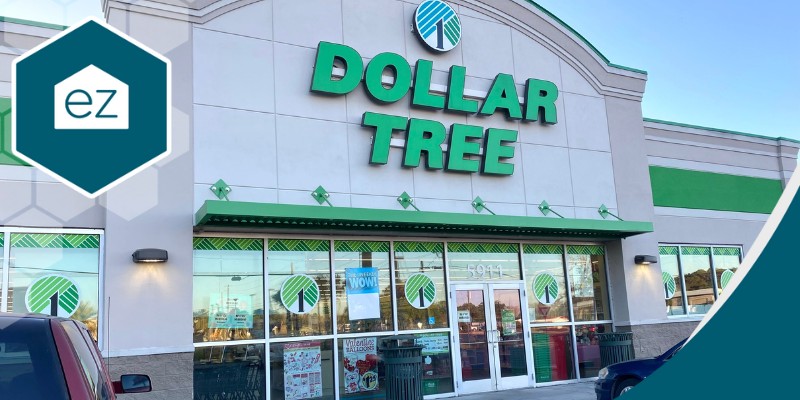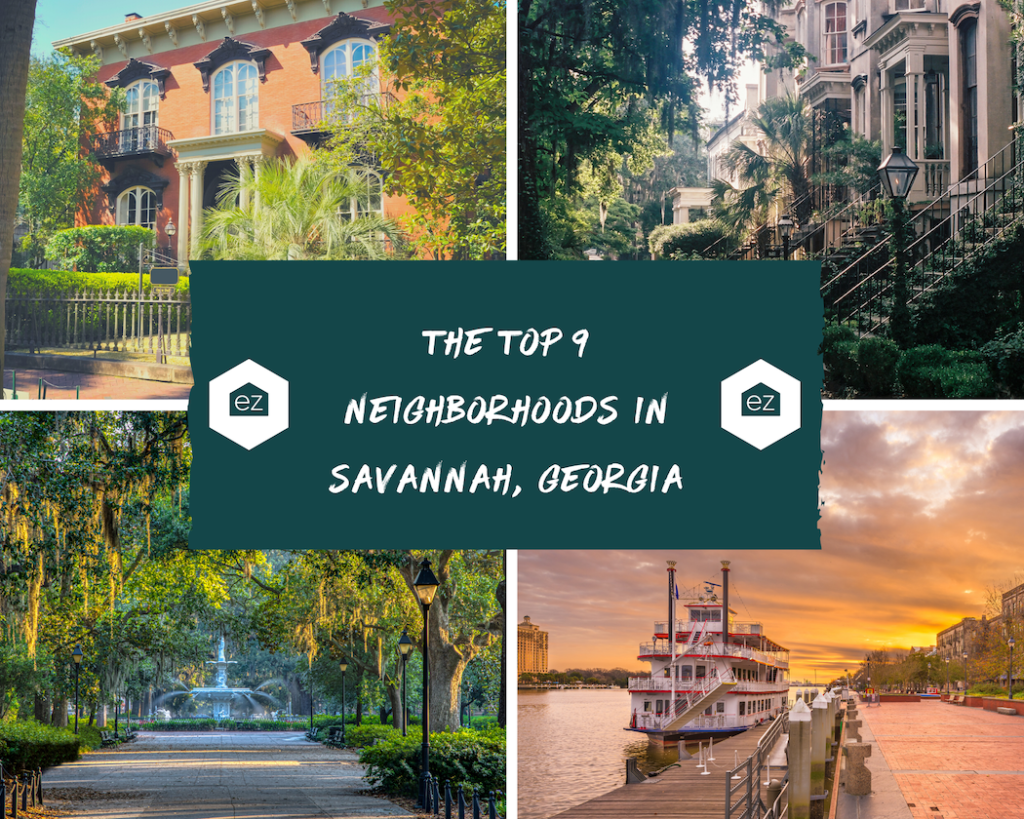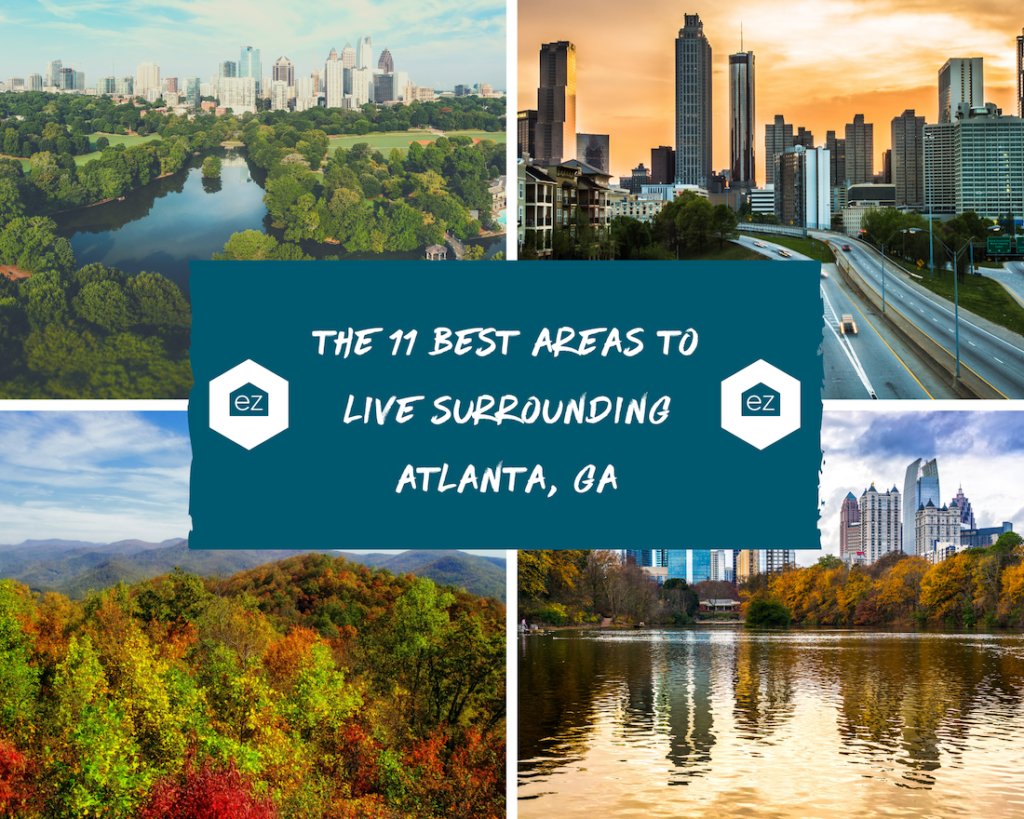Is Georgia A Good State to Retire?

Is Georgia A Good State to Retire?
Are you planning to move to a more affordable (and perhaps warmer) state for your retirement years? You may not need to if you already live in the Peach State. Georgia may not have topped Bankrate’s list of the best states to retire in 2022, but it came second to retirement haven Florida, with an overall score of 30.37.
Retirees should consider moving (or staying) in Georgia because its advantages tick a lot of boxes people consider for their golden years: affordability, weather, crime rates, well-being, and culture & diversity – ranking No. 4, No. 29, No. 35, and No. 37 respectively in Bankrate’s analysis.
So what is it about good ol’ Georgia you should know about retirement? Fasten your britches and get answers to the critical questions about retiring in Georgia.
Is Georgia affordable?

Bankrate ranks the state at No. 7 for its low cost of living and light tax burden. That’s one less worry for someone looking forward to a more relaxed lifestyle after retirement!
So what does that look like with numbers? MERIC data said in 2022, Georgia had the fifth-lowest cost of living in the US. The average total personal expenditures–adding housing, health care, gas, and utilities–was $43,482 a year.
Is Georgia tax-friendly?
You’ve paid your dues to the government for years and now want a break. Georgia’s one place that leans friendly to retirees, although it does have an income tax, unlike nearby Florida.

The state income tax is calculated according to brackets determined by your income level. The top bracket is 5.75%.
But there are some breaks for retirees. Georgia does not tax Social Security income, and additional retirement income exclusions for up to $65,000 are available for individuals aged 62 and older. This can be beneficial for retirees looking to minimize their tax burden.
The property taxes in Georgia are relatively low. On average, Georgia’s effective property tax rate is 0.87%, meaning you will not need to spend a large sum of money annually to maintain your home.
Georgia’s Homestead Exemption can further reduce property tax expenses. Unlike other states, this exemption excludes a portion of your home’s value from being taxed. Low-income homeowners over 62 may qualify for further property tax reductions.
And for your beneficiaries, there are no inheritance taxes.
How is real estate in Georgia?
Naturally, you want to know if you can find an affordable home with the lifestyle amenities you want. Luckily, Georgia is a good state to buy a home. Want to give up the car and have public transportation to get around? Live in the Atlanta metro. Want to live in a golf course community? Try Augusta, so you can experience the Masters Tournament. Georgia has an Atlantic oceanfront thanks to beautiful sea islands like Tybee and St. Simon’s and miles of reservoirs like Lake Lanier in Gainesville and Lake Hartwell on the South Carolina border.
The Georgia Realtors reported that the median home price in Georgia increased by 15.2% from 2021 to reach $339,900 in 2022. Single-family home prices increased by 16.7%, while condo prices increased by 15.2% over the same period. It’s worth noting that even with these increases, Georgia’s housing remains relatively affordable compared to the 2022 national median home price of $398,500.
Georgia’s housing costs averaged $1,084 for renting a one-bedroom and up to $1,950 for renting a five-bedroom+ home. The median monthly mortgage payment ran $1,514 for 2022.
The most expensive markets in early 2023 were:
- Atlanta
- Jefferson
- Gainesville
While the most affordable of the municipalities were:
- Dublin
- Albany
- Macon
What is the weather in Georgia?
Hate shoveling snow? Sell the snow blower and hang up the shovel. Georgia’s prevailing humid subtropical climate means the summers are hot and the winters are mild.
Sure, you’ll see occasional cold snaps, but snow is rare enough that even a light coat snarls traffic in Atlanta. Northern and mountainous Georgia are more likely to see snow and ice, but as you go farther south, the temperatures heat up, and the winters become warmer.
But if you wilt in the heat, be ready. Southern and central Georgia are no joke in July and August with average highs over 90F. Extreme heat waves can scorch the ground while the humidity and summer thunderstorms are soaking. These conditions last usually 70-80 days.
Are there outdoor recreation opportunities?

Georgia’s beautiful great outdoors has multiple activities and public lands for retirees looking for something different in their everyday routine.
Get to know Georgia through its hiking trails, golf courses, and lakeside retreats. Explore the breathtaking Appalachian Mountains and the Blue Ridge Mountains, where you can fly fish, mountain bike, drive scenic byways, or golf amongst the blue-tinged ranges. The state has an additional 49 state parks, 15 historic sites, and nine national wildlife refuges with facilities for equestrian activities, camping, hiking, hunting, and fishing.
Some towns and cities have miles of road cycling trails reserved for pedestrians, like the Atlanta BeltLine and the Silver Comet Trail. Residents on Jekyll Island prefer bikes for getting around, while Aska Adventure Area has 17 miles of heart-pounding mountain bike trails.
As for golf, Georgia is home to the Augusta Masters National Tournament, one of the four major golf tournaments in professional golf. But it’s also home to dozens of other courses for retirees looking for a leisurely game, with concentrations of country clubs and resorts in southeastern Georgia and the Atlanta metro.
What kind of history and culture can you experience in Georgia?
Besides peaches and pecans, Georgia’s known for its southern culture. As a retiree, experience southern hospitality firsthand by visiting historical sites, like plantation houses in Savannah to Civil War battlegrounds in Kennesaw.
Recent immigrants have added new layers of flavor to Georgia’s cuisine, while modern artists add color and depth with textile artworks, murals, and music festivals in cities like Athens and Macon. Explore thriving food scenes that cater to southern-style comfort food alongside global flavors from around the world in spots like Decatur or downtown Atlanta.
Georgia is equally known for its music scene, concentrated around Atlanta. The state has produced record-selling artists in country, rap, and hip-hop genres.
What are the drawbacks to retiring in Georgia?
Living in Georgia presents a dichotomy: Atlanta metro and not Atlanta metro.

The vast Atlanta metro is increasingly congested, and it’s the nation’s tenth worst city for congestion. Local traffic is well-known for being backed up at all times of day–even in the middle of the night on I-75. The road construction feels never-ending, and with multiple major roadways, tourists, and locals all coming together in one central spot, it’s a recipe for miles of bumper-to-bumper highways.
Atlanta is also a business and education hub, so you can expect to pay higher housing costs for the convenience of living there.
Outside of the metro, most of Georgia is considered rural or semi-rural, making it difficult to access services like healthcare or entertainment without significant travel time. When you need specialty care, that can be a real challenge. The highly rated facilities and medical colleges are concentrated around Atlanta.
On a state-wide level, Georgia’s jobs pay below-average wages alongside a low labor force participation rate compared to the national average. According to 2020 estimates, more than one-fifth (21.3%) of people living in Georgia were below the poverty line, considerably higher than the national average of 11.4%. Living in poverty can result in various issues, such as homelessness, poor health, and increased crime.
And then there are the creepy-crawlies. Mosquitos, cockroaches, and termites are prevalent, especially in southern Georgia. That’s why termite inspections are often par for the course, and why many homes purchase pest control plans. While mosquito and sand gnat bites can cause itchiness, ticks and fleas are more hazardous as they carry diseases. When spending time outside in Georgia, cover yourself up while outdoors in tall grass and consider investing in an effective bug repellent. But beware, even good bug repellent may not protect you from the pesky sand gnats.
Is retiring to Georgia for you?
The answer depends on your budget, health needs, and lifestyle preferences. Georgia’s climate, tax-friendly policies, outdoor recreation opportunities, and rich history are why it’s often a top pick on retirement lists. Outside Atlanta, the state has plenty of open spaces for retirees looking for a quiet place to settle down. But there’s also a highly active lifestyle waiting if you’d rather live near this exciting southern hub.
If you’re still serious about Georgia as an option, check out 22 more things to know before you move to Georgia.
Start Your Home Search
Preston Guyton
Share this Post
Related Articles
Living in Georgia
8 Best Small Towns in Georgia
Living in Georgia
The Top 9 Neighborhoods in Savannah, Georgia
Living in Georgia




